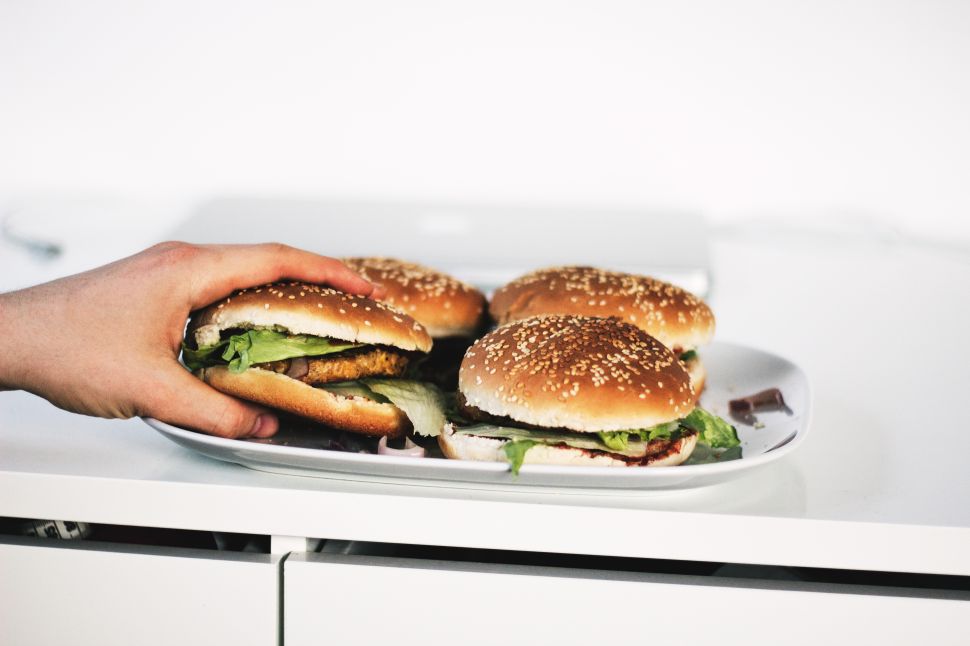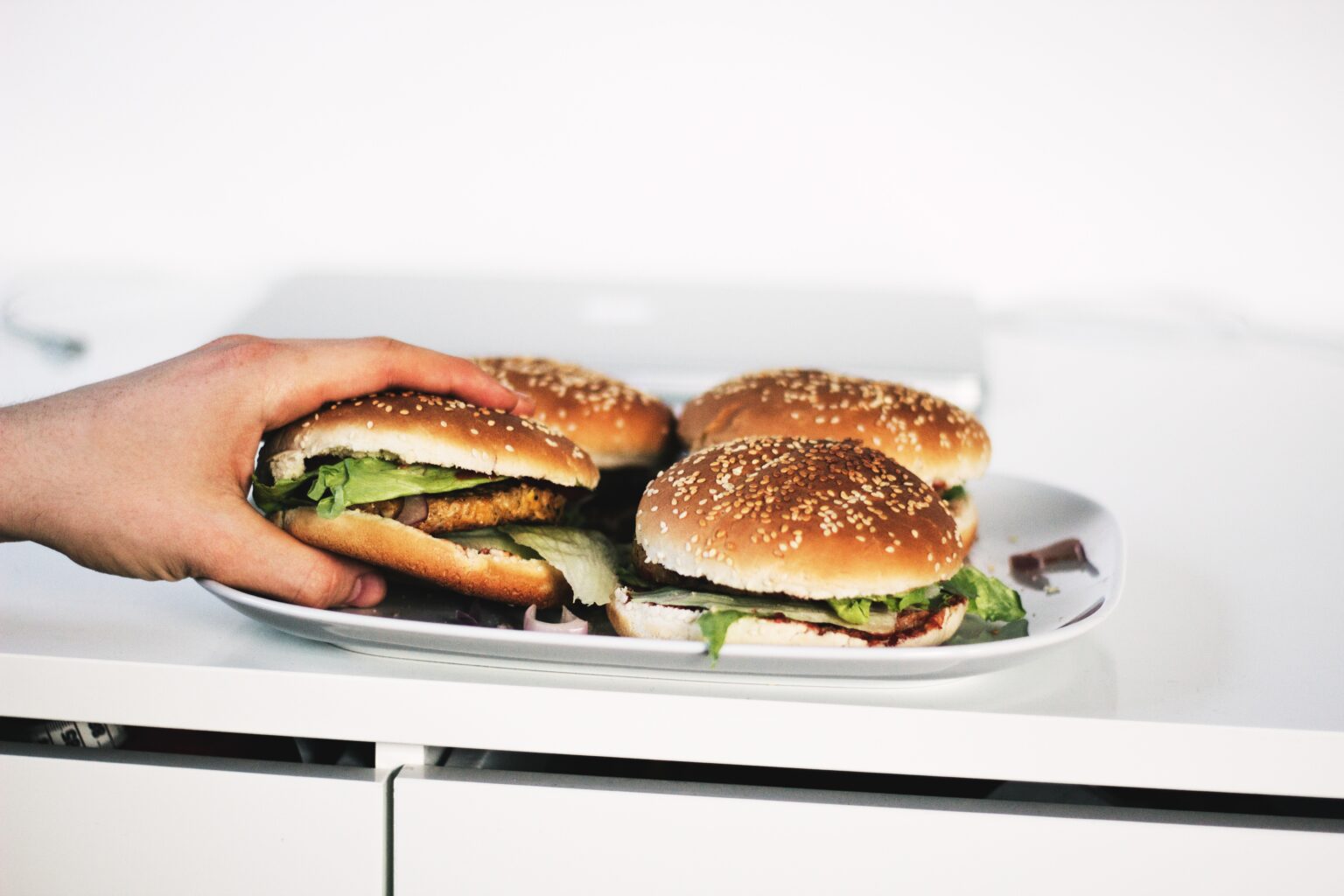 A study out of the Netherlands examines the true culprit of emotional eating—and why it occurs in the first place. Unsplash/Tom Sodoge
A study out of the Netherlands examines the true culprit of emotional eating—and why it occurs in the first place. Unsplash/Tom Sodoge
“Eating your feelings” is a term used freely and lightly, often to describe a pint of Ben and Jerry’s post-heartbreak or an extra serving of wings when your team loses. Phrases like “breakup weight” have become ingrained in our vocabularies, and the classic late-night stare into the fluorescent glow of the fridge has become an image fixated in pop-culture. Emotional eating is widely understood within society as a natural, if not healthy, response to depression. This idea began in the 1960s, when psychologists argued that those suffering from symptoms of depression could not tell the difference between sensations of hunger and sadness while experiencing depressive episodes.
However, emerging psychological research suggests otherwise. A study conducted at the Department of Social, Organizational and Health Psychology at Utrecht University, The Netherlands, set out to examine the true culprit of emotional eating and why it occurs in the first place. “Emotional eating (i.e., overeating in response to negative affect) is a commonly accepted explanation for eating behaviors that are not in line with personal eating-norms. However, the empirical evidence for a causal link between self-reported emotional eating and overeating is mixed,” the study’s abstract reads. In other words, the researchers suspected that “emotional eating” was just an excuse for poor nutritional choices and patterns ungoverned by emotion.
The study tested a random sample of female students at the university as they participated in a “taste test,” returning to the lab a day later to be told they either “ate too much” (norm-violation condition) or “ate an acceptable amount” (control condition). The norm-violation condition participants gave themselves high emotional eating scores following the study, while the control condition participants did not. The study determined that “individuals’ emotional eating scores may represent a tendency to retrospectively attribute overeating to negative affect.”
Another study suggests that “emotional” over-eating may not be a result of sadness, but a reaction to feeling constricted within a diet. The research shows that frequent dieters are more likely to describe themselves as emotional eaters, while those who pose less food-related restrictions within their lifestyles do not experience the same levels of guilt from eating, or emotional connection to their eating patterns. “In men,” the study concluded, “the association was stronger in never dieters than former dieters, whereas no association was shown in current dieters. In women, the association was strongest in respondents with no history of dieting than in former or current dieters.”
If “emotional eating” is just a guilt-ridden way of justifying overeating, how does one avoid overeating in the first place, “emotional” or not? The Harvard School of Public Health recommends technology-free meals to avoid over-consumption, as well as savoring food at a slow pace, drinking as much water as possible, and portioning food onto plates even if it’s takeout to eliminate the “fast food” mentality of eating for efficiency.


